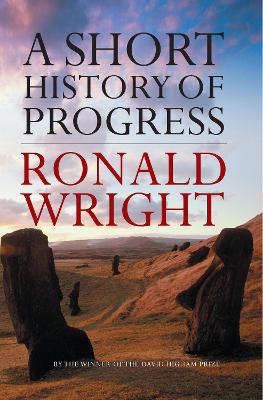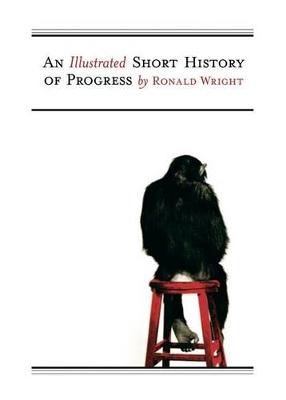CBC Massey Lectures
2 total works
Many of the great ruins that grace the deserts and jungles of the earth are monuments to progress traps, the headstones of civilisations which fell victim to their own succee. In the fate of such societies - once mighty, complex and brilliant - lie the most instructive lessons of our own.
The twentieth century's runaway growth in human population, consumption and technology has placed a mysterious burden on the planet. In A Short History of Progress, prize-winning novelist and historian Ronald Wright aregues that this modern predicament is, in fact, as old as civilisation, a 10,000-year experiment we unleashed but have seldom controlled. Only by understanding the patterns of progress and disaster that humanity has repeated since the Stone Age can we recognise the experiment's inherent dangers and, with luck and wisdom, shape its outcome.
The twentieth century's runaway growth in human population, consumption and technology has placed a mysterious burden on the planet. In A Short History of Progress, prize-winning novelist and historian Ronald Wright aregues that this modern predicament is, in fact, as old as civilisation, a 10,000-year experiment we unleashed but have seldom controlled. Only by understanding the patterns of progress and disaster that humanity has repeated since the Stone Age can we recognise the experiment's inherent dangers and, with luck and wisdom, shape its outcome.

